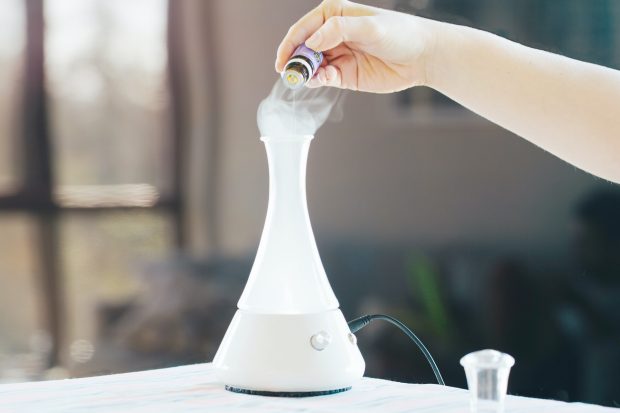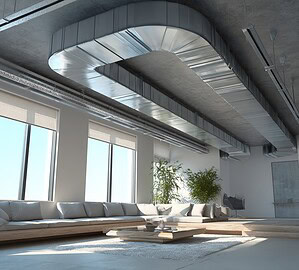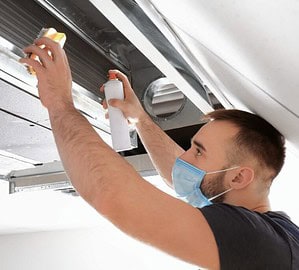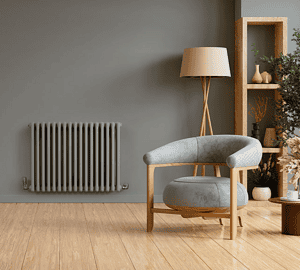If you’re like most homeowners, you may not think about the air in your home until it’s too dry and you can’t stop sneezing. That’s when you realize it may be time to get an air humidifier to improve your home’s indoor air quality. But with all the different types of humidifiers on the market, which one do you need?
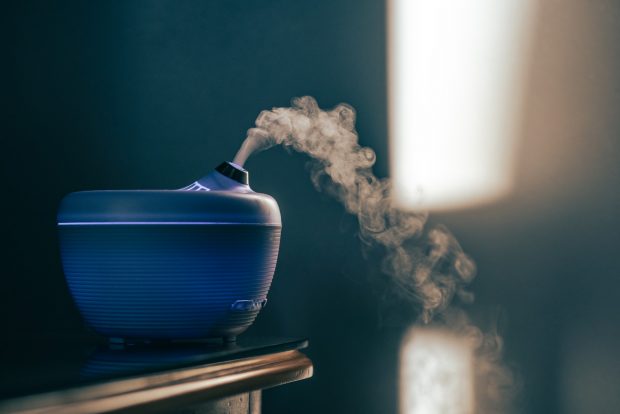
Here are some tips to help you choose the right air humidifier for your home.
Central Air Humidifier
This type of air humidifier is built directly into your home’s HVAC system. It’s designed to control and regulate air humidity levels throughout your home. It’s the most effective type of humidifier when you want to improve the indoor air quality in your home, but it’s also the most expensive.
You should consider installing a central air humidifier if you have a central air conditioning system. It will help improve your comfort level during the summer months and reduce the amount of energy you use to cool your home. Before purchasing a central air humidifier, be sure to consult with a qualified HVAC technician to determine the right size and type for your home.
Impeller Air Humidifier
An impeller air humidifier uses a rotating disk to atomize the water. This type of humidifier is relatively inexpensive and can be effective in small spaces. However, it can be noisy and may not be ideal for use in a large room. This type of humidifier creates a cool mist at high speeds.
When using an impeller humidifier, be sure to regularly clean it, replace old filters after the recommended use time, and consider using demineralized water. This will prevent any bacteria buildup or minerals in the water from being released into the air, which can cause eye, throat, and skin irritations.
Evaporative Air Humidifier
Evaporative air humidifiers work by using a fan to blow dry air across a water-soaked wick. The water on the wick evaporates, and the humidified air is blown into the room. Evaporative air humidifiers are best for large rooms because they need space around them to operate properly.
This option is simple and more effective than some of the other more advanced types of air humidifiers on the market. The good thing about this type of humidifier is that it’s self-regulating, meaning that it will turn off when the desired humidity level in the room has been reached. This prevents over-humidifying of the air and keeps your energy costs down. However, they can also be noisy. No heat is involved, so they’re a safer option for kids and pets.
Ultrasonic Air Humidifier
An ultrasonic air humidifier creates a cool mist by vibrating water at a high ultrasonic frequency. This type of air humidifier is ideal for small rooms because it doesn’t produce any noise when operating, making it ideal for bedrooms and workspaces. It creates a refreshing cool mist that boosts moisture levels in the air.
The good thing is, they’re easy to clean and maintain and don’t use heat, so they’re safe and an excellent choice for people with allergies or asthma. You should also consider one with an antimicrobial filter to help reduce the growth of mold and bacteria. Humidifiers with a permanent ceramic filter will not need replacing.
Steam Vaporizer
A steam vaporizer is an electric-powered device that converts water into steam to humidify the air. It’s often used in nurseries to help relieve congestion and other respiratory problems in infants and children. They’re easy to move from room to room and are the most affordable but can have higher energy costs with more use.
Steam vaporizers are perfect for adding essential oils like lavender or tea tree oil to help with congestion, coughs, and other respiratory problems. Steam humidifiers pose a risk if not used properly. They must be unplugged when refilling with water to avoid burns, and they should never be left unattended while plugged in. Keep them away from young children and pets.
Get the Most Out of Your Air Humidifier
No matter what type of humidifier you choose, be sure to read the manufacturer’s instructions carefully and follow them closely for the best results. Also, change filters regularly where applicable, refresh the water, and check your home’s humidity level regularly to ensure you’re getting the most out of your humidifier.

